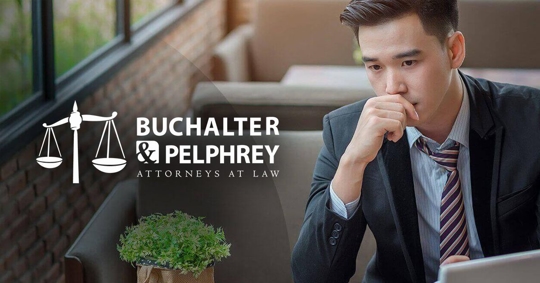The pandemic has had a hard economic impact on many. Job losses and medical expenses are piling up across the nation, and for some, options are running out. When you’ve gotten so far behind and so deep in debt that it looks like there’s no way out, it may be time to consider a bankruptcy.
What, exactly, is bankruptcy? In simplest terms, a bankruptcy clears debt for people who cannot get free of it. It is a legal process that is approved through a court where someone deep in debt can have that debt forgiven and start back at zero financially. Of course, this is a very generalized explanation. There are many exceptions, rules, and consequences that surround a bankruptcy.
Bankruptcy and Credit Card Debt
Most any debt that is unsecured and non-priority can be discharged in a bankruptcy, including credit card debt.
Unsecured debt is any debt the doesn’t have collateral. By this, we mean property that is used to receive the credit. Regular credit card debt is a perfect example of this. With a credit card, you are simply borrowing money from the creditor with the understanding that they will bill you, with interest, to get their money back.
Priority debt is debt that, unpaid, leads to big problems in life. Not paying your mortgage, for example, can get you evicted from your home. Nonpriority debt, therefore, is debt that you can put off and still be able to function. It should not be ignored, of course, but it doesn’t pose an immediate threat if it’s unpaid.
Types of Bankruptcy
There are many different types of bankruptcy. The two most common versions are Chapter 7 and Chapter 13.
In a Chapter 7 bankruptcy, it is possible to give up property. Depending on the size of the debt and the amount of your assets, it is possible to lose a home, car, etc. There are ways to keep some of these belongings, and most average people can assume that they will be able to keep most of their property. Losses come when the person has equity in certain property and cannot afford to pay the court to retain it. When this happens, the court will liquidate the property as a means of trying to pay back creditors. Any remaining unsecured debt (I.e., credit cards, medical bills, etc.) after payment from the liquidated property, will be wiped out in a Chapter 7 or Chapter 13, once completed.
Chapter 13 bankruptcy is considered a “reconstruction” bankruptcy. It is for people who may still have a chance to repay their debts. Often, they will have a repayment plan built into the bankruptcy. Chapter 13 is far more complicated than Chapter 7 and has many caveats. People can, however, wipe away unsecured debt with Chapter 13, which includes credit card debt.
Exceptions
The answer to the question – “Can bankruptcy discharge credit card debt?” – is yes. However, there are some exceptions.
Fraud
If the creditor believes that the credit was given or used fraudulently, they can challenge the bankruptcy discharge. For example, if someone lied about their income to gain credit, the creditor can use that against them in a bankruptcy.
There are situations in which fraud was unintentional, but the creditors might not see it that way. For example, you might get a payday loan right before filing for bankruptcy. The loan may have been out of genuine need. On paper, however, it’s going to look like you purposely got the payday loan at that time so you wouldn’t have to pay it back. Similarly, if you used a credit card to buy $725 or more in luxury goods within 90 days of the bankruptcy, that’s going to look fraudulent.
Secured Debt
Secured credit is acquired through collateral, meaning you offer up a piece of property as a means of obtaining the credit. Refinancing a house or a car, for example, means that you are borrowing against that house or car.
Sometimes the credit card itself is a secured card. Other times, there can be stipulations in the credit card contract for certain purchases – such as furniture, electronics, or jewelry – where the item itself is considered collateral for the purchase. Go through your credit card agreements to see if any of your purchases qualify as collateral before trying to write them off in a bankruptcy.
We are here to answer any questions you have about bankruptcy. Call us today at (321) 320-6088 or contact us online. Consultations are free, at no risk to you.

